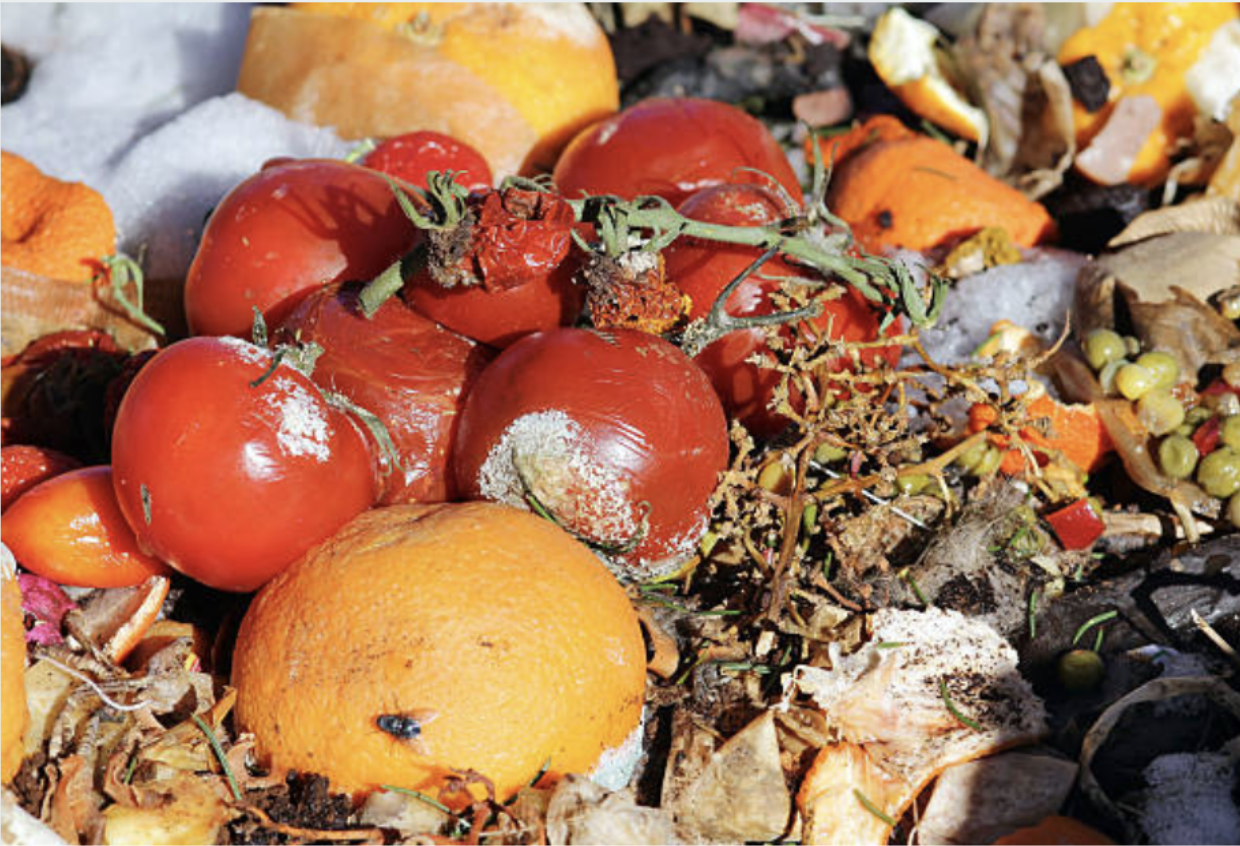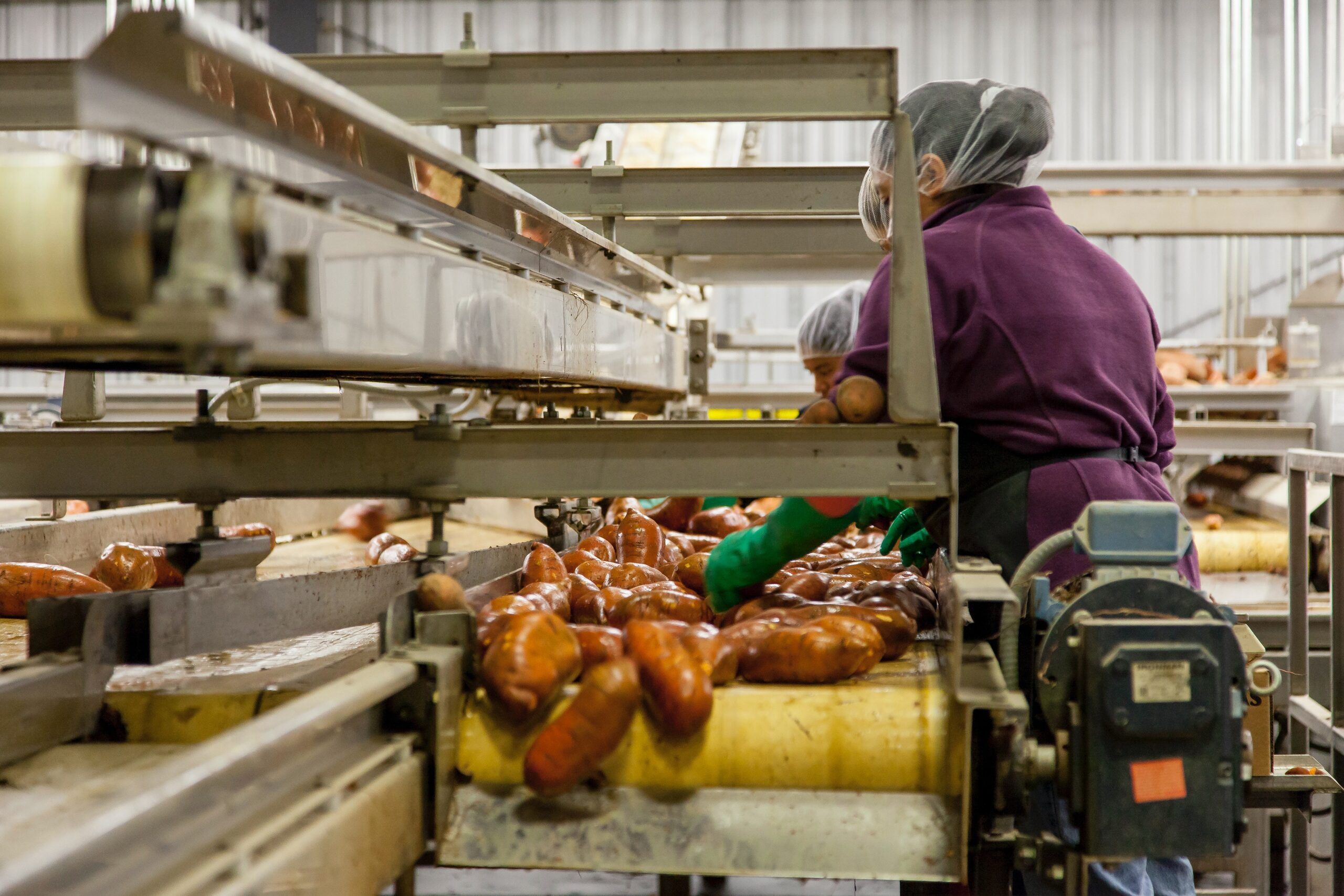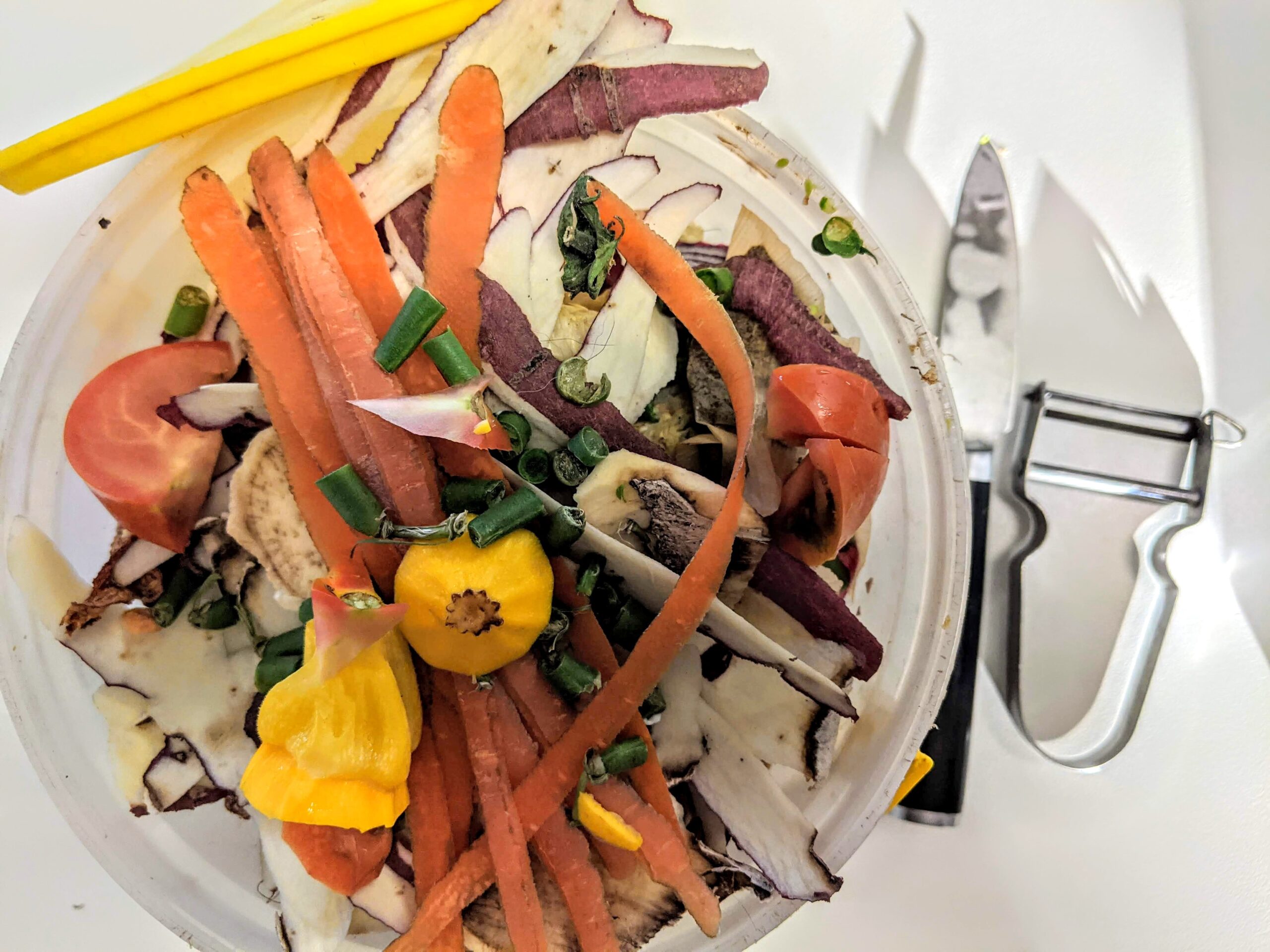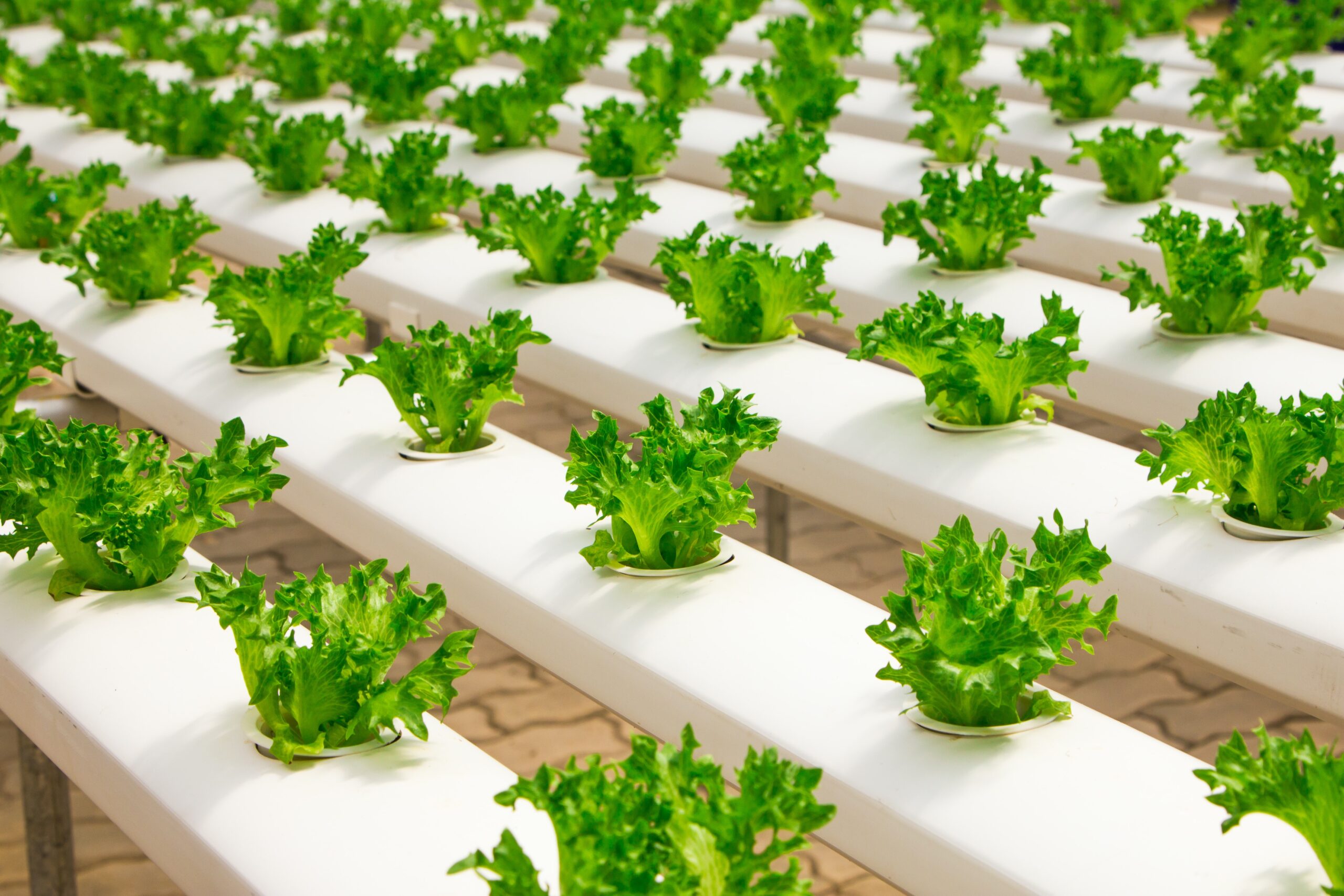
According to the United Nations Environment Program, one third of all of the food produced globally, which amounts to about 1.3 billion tons, is wasted or lost. Yet despite this ridiculous volume of waste, 29% of the world’s population is still suffering from food insecurity according to the Food and Agriculture Organization. These staggering numbers have led to global efforts to address the issue of food waste and insecurity, such as the United Nations Sustainable Development Goals which includes eradicating world hunger by 2030 as its second goal.
Although the majority of you, our readers, are probably not suffering from extreme hunger, the effects of such astounding and unchecked food waste affects all of us. Conquering food waste not only allows everyday consumers to avoid the economic consequences of wasting food, but also allows them to mitigate environmental damage, combat food insecurity, and help conserve natural resources.
What causes Food Waste?

Because most of the food we consume undergoes a variety of processes to get from the farms to our plates, food loss can occur during any of these phases. Naturally, some food may be lost at the very beginning of the agricultural process. rotting, or other unwanted and externally-caused damage. After being harvested from farms, most food products will be sent to plants and factories where they will be processed before being sold as refined consumer products. Waste as some crops may be trimmed , juiced, cooked, or frozen to suit the needs of each product being made. As the finished products are sent off to supermarkets, restaurants, and other establishments, a portion of these food products will inevitably be wasted if they are not bought.And even if a person decided to pick up a rotisserie chicken from the grocery store or a head of lettuce at the farmer’s market, that food may be wasted if they end up not eating some or all of it.

While some might argue that the food waste that occurs during the harvest and production of food products is inevitable, two things are most problematic about the way we view food as a society. Firstly, the demand that we have created for food products has created lasting damage for the environment. The amount of water, energy, and land used in producing our favorite food products is enough to supply millions of homes. The methane produced from raising livestock also largely contributes to greenhouse gas emissions. Secondly, the attitude we have towards food is wasteful and excessive. Many of us do not have a second thought about throwing our leftovers away, even if they are still good to eat.We are also so spoiled for choice that we may end up over-ordering at our favorite restaurants.
How can I reduce Food Waste at home?

The issue of food waste is a multi-layered issue, but that doesn’t mean that we can’t help reduce it significantly at home. There are a variety of strategies that the average person can do to avoid food waste.
The first and most obvious way is to evaluate individual eating habits, specifically how wasteful they are. How often do I have to throw out perfectly good leftovers? When shopping for food, do I buy the right amount or do I often have items that I don’t end up using? Asking ourselves these questions can easily allow us to adjust our thinking when it comes to eating and not wasting food.
Another easy and budget friendly way to avoid wasting food is meal prepping. Meal prepping encourages buying only the right amount of food for each portion and encourages the use of ingredients that do not spoil too quickly.
Lastly, composting is a great option for people with outdoor spaces in their homes. Composting is basically nature’s way of recycling and involves collecting food scraps as well as yard and garden trimmings, and allowing it to decompose into a brown crumbly material that can be used for plants.It is so effective in combating food waste that the Food and Agriculture Organisation of the United Nations has said that home composting could help divert about 150 kg of food waste per household per year.If you want to learn about how you can compost at home, you can read more about it here.
How have we tried conquering food waste so far?

The statistics on the effect of food waste on the environment also communicate that this issue cannot be blamed on consumers alone but also on large corporations and food retailers in the food industry. Governments have put more pressure onto these companies to reduce their food waste, encouraging them to develop new ways to avoid adding to the issue.
One way that companies have started to avoid food waste is by upgrading the technology they use to produce food products to maximise their use of raw materials, therefore reducing the amount of waste.
Another way they have started reducing food waste is by repurposing scraps of food for other purposes. One example of these is the company Rubies in the Rubble which transforms rejected food into condiments. Another example is our own company, appcycle, which takes the food waste produced by Aomori juice manufacturers and turns it into a vegan leather alternative. Lastly, come food retailers have started to give their unsold food products to homeless and food insecure communities. These examples illustrate how ingenuity and intent are essential when it comes to conquering food waste.
Conclusion
As does any animal, we rely on food for our survival and it is our responsibility to make sure that we don’t harm the environment or our fellow human beings by being wasteful of such a precious resource. Both individuals and companies can take part in conquering this worldwide issue. So what do you think you can do about managing food waste? If you want to learn more about environmental issues and sustainable lifestyle choices, check out our other articles here. And if you want to see more appcycle and RINGO- TEX related content be sure to check out our official Facebook and Instagram pages.





